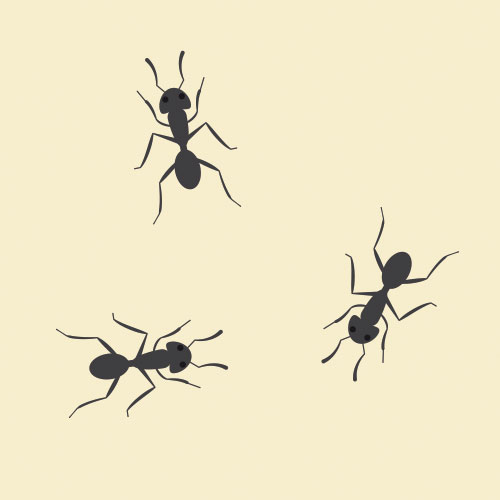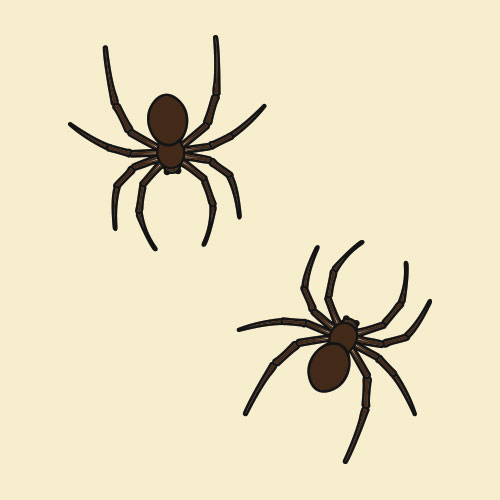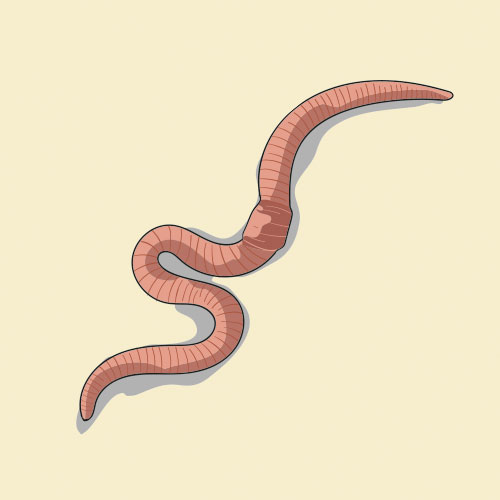The Gullkrona guest harbour opens 2019.
The cycle of life
Nutrients, like all matter in nature, circulate. Substances change their form as they circulate, but they do not disappear from Earth. Can you imagine, that the water that you drink today, contains the same chemical elements that some dinosaur maybe drank 200 million years ago! Energy, on the other hand, derives from the sun, and arrives to Earth in the form of solar radiation.
All living creatures need nutrients and energy to grow and feel good. People and animals get nutrients and energy from food, and when we eat well, we are more healthy and strong. Plants take the energy they need straight from solar radiation, and when the plant gets eaten, the energy from sun moves forward in the circulation. The nutrient that plants need, such as phosphorus and nitrogen, they take directly from the soil.
Nutrients that are taken up from the soil are bound to the plants, and when a plant dies, the nutrients are released back to circulation. However, withered plants don’t decompose on their own. A very important group of organisms is required in order to plants to moulder, namely decomposers.
Decomposers are mushrooms, microbes and invertebrates, which all have their own role in turning mouldering substance back into soil. You might have seen how earthworms dig around in the compost. They are bard at work forming soil out of leftover food. Because of decomposers also dead animals and animal excrement slowly decompose, and the nutrients that bound in them, move forward in the cycle of life. Without decomposers the earth would be covered in dead organic matter, and nutrients would not be released. Hence decomposers are often unnoticed heroes, who make life on earth possible!
Find decomposers!
Embark on an expedition into the world of decomposers. The majority of decomposers are so small, that they can’t be seen with bare eye, but for example earthworms, snails, millipedes and isopods can be seen without a microscope. You might find them under stones, sticks and leaves. As you are exploring, you will run into many small animals and not all of them are decomposers. It doesn’t matter as all them have their own important role in nature. Recognizing species is challenging even for the most experienced explorer but counting legs will get you started.

6 legs: insects (for example ants, weevils, beetles and springtails)

8 legs: arachnids (for example spiders, false scorpions and red velvet mites)

over 8 legs: isopods and myriapods (for example millipedes)

no legs: molluscs (for example slugs and snails) and ringed worms (such as earthworms)
Did you know that there are decomposers even in the seas? Majority of them live on the bottom of the sea, where dead material sinks.
Can you find something that glitters?

